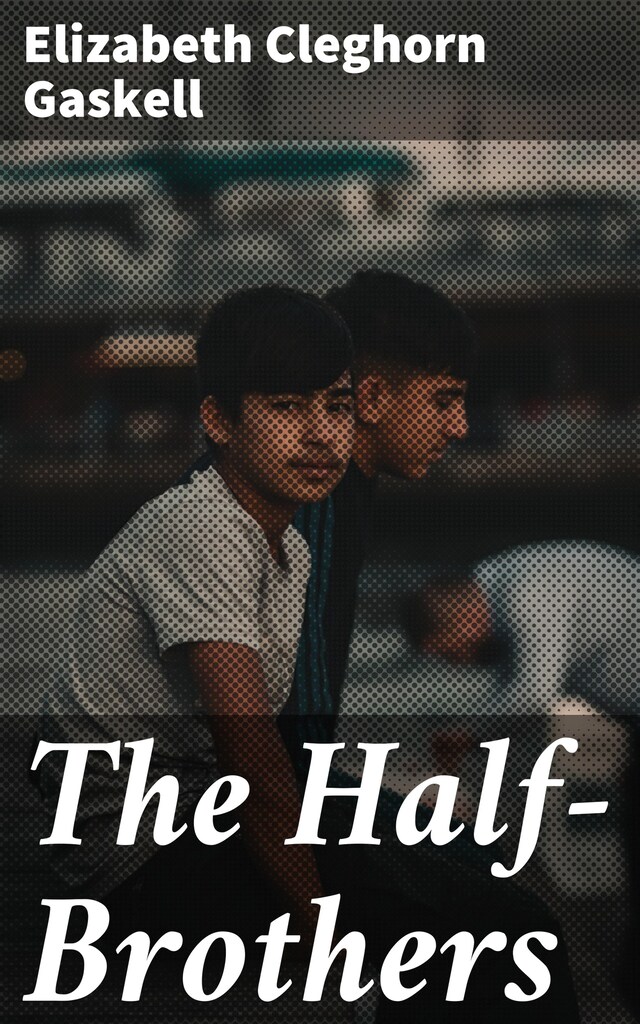
The Half-Brothers
A Victorian Tale of Family Bonds and Emotional Turmoil
Om bogen
In "The Half-Brothers," Elizabeth Cleghorn Gaskell explores complex familial relationships and the deep emotional rifts that can arise from social class distinctions. Set against the backdrop of 19th-century England, Gaskell employs a realistic narrative style enriched with vivid characterizations and moral intricacies that reflect the broader societal concerns of her era. The story delves into themes of love, betrayal, and the generational impact of choices, effectively utilizing the intimate setting of a family to highlight the fractures and reconciliations that shape human connection. Gaskell, a notable figure in Victorian literature, often drew from her own life experiences, including her encounters with diverse social strata and her commitment to social reform. Her background as the daughter of a Unitarian minister and her own struggles with personal loss influenced her empathetic portrayal of characters who grapple with both internal and external conflicts. Her insightful observations of societal norms and the plight of women and the working class permeate her work, lending authenticity and depth to her narratives. Readers seeking a poignant exploration of familial bonds and the socio-economic pressures of the Victorian era will find "The Half-Brothers" to be a compelling read. Gaskell's ability to weave intricate emotional landscapes with acute social commentary offers a rich experience, inviting reflections on loyalty, identity, and the enduring complexities of human relationships.
 Elizabeth Cleghorn Gaskell
Elizabeth Cleghorn Gaskell 20 Sider
20 Sider